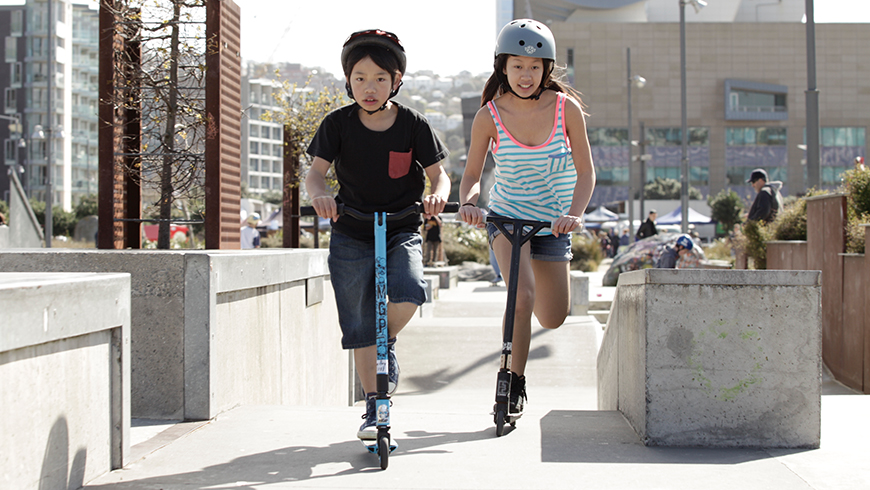New Zealand is out here, being in the news for all the right reasons — they’re doing a lot right, and they’re not afraid of telling the world how. Reflecting their values through government initiatives from the ground up is how they’re building a strong foundation for their future. Their latest government initiative, the ‘Keep It Real’ series, specifically targets cybersafety for kids, and in general, family security online.
Most governments tend to discuss cybersecurity awareness and safety measures with the standard, formal approach. This tends to shift any major attention towards the cause away as it can appear boring or unnecessary. New Zealand’s latest ad focuses on humour, giving parents that much needed nudge to have an open conversation about the internet and privacy issues. It also reminds parents that very often, their children could be living a second life online; due to the vast amount of information available online as well as the increased ease of access.
Online safety is especially important now, more than ever, as we adapt to an increasingly technology-dependent world. With most coursework being shifted online and the need for children to adapt to an internet-based curriculum, the risks grow higher the longer you, as a parent, stay unaware.
Why is awareness so important?
The biggest problem in the cybersecurity scenario is that often, parents simply don’t understand that the internet comes with good AND bad resources. When your child is accessing the internet for school-related purposes, it doesn’t mean their access is restricted to merely school content. The internet is a world full of possibilities and children have curious minds. As a parent, it is your responsibility to sit down and have that conversation about safety online.
Children tend to use the internet increasingly as an escapism mechanic, avoiding real life for unrealistic expectations. New Zealand’s ad reflects the same, by using humour to bring this very aspect to light. Within their ad, a pair of pornstars show up at a house, completely naked, to inform a mother that her son has spent every bit of his free time watching porn. As adults, the pornstars know that this is merely a show they put on, but for a child being exposed to pornography, there’s no real explanation of consent as a concept, or the fact that pornographic videos are not an ideal representation of real-life relationships. As the pornstars have that awkward conversation with the mother, you see the son walk by in the background, absolutely embarrassed as the mom realises she needs to have ‘the talk’.
The ad earned New Zealand quite a few rounds of applause for tackling the issue of awareness; parents genuinely fail to realise how much children can get their hands onto online. Beyond pornography, children can be exposed to a multitude of harmful behaviour too, such as cyberbullying and contact from predators or scammers.
What can you do as a parent?
The first step you need to take is to educate yourself. Supporting your children online can become easier as you truly begin to understand the issues on hand and how to best tackle them. Know that for the younger generation, the internet is a form of identity; it helps them explore who they are and what they stand for, it helps them better connect with their peers and also, helps them understand social behaviour.
Sometimes, a stronger approach is needed if you feel like your child is engaging in unsafe behaviour online or is a target. Several companies offer parental controls as part of their antivirus software such as Norton Family Premier or Kaspersky’s Safe Kids app. However, always remember to communicate with your child first though. Help understand how to best support them, and assure them of your support.
Author Bio:
Bridget
Bridget is a writer and editor, currently living in Melbourne. She is a copywriter for Newpath Web and loves working with words of all shapes and sizes. When not playing around with punctuation and grammar, she enjoys travelling and curating her Spotify playlists.
